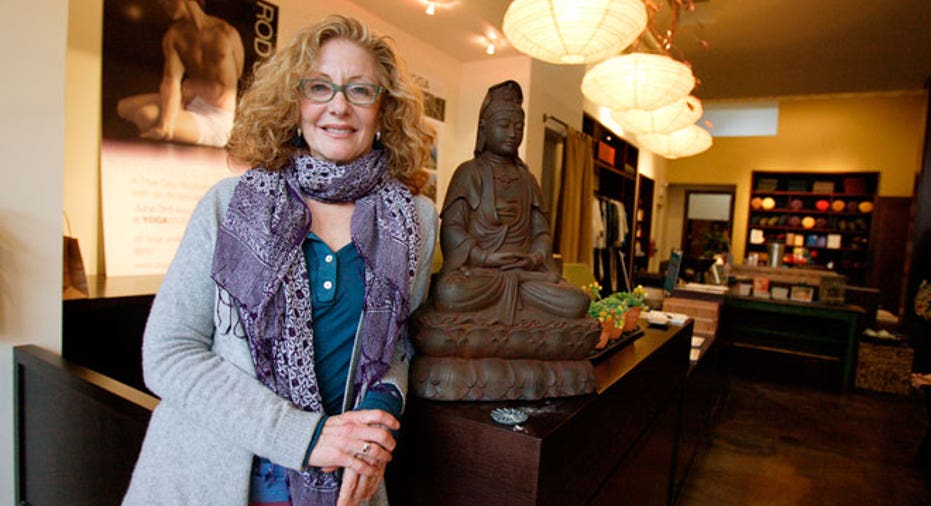Women are Worried About Retirement- and for Good Reason

The financial crisis and Great Recession took its toll on all American workers—but women in particular are still feeling the impact, especially when it comes to the retirement preparedness.
According to a survey by the Insured Retirement Institute (IRI), the association which represents annuity providers, 35% of Gen-X women and 21% of baby boomer women say the economic downturn made it harder to pay the family mortgage. What’s more, roughly one out of five women in both generations stopped contributing to their employer-sponsored retirement plan, and around 10% took premature distributions from their plans, undercutting their financial security later in life.
Female baby boomers--perhaps because they are closer to the decision--are much less optimistic about the age at which they feel they can retire than their male counterparts. Half expect to work past age 65, compared to about one-third of Gen-X women. In fact, 29% of female boomers are planning to work until age 70. A significant number in both generations(1) say the main reason they will have to work longer than originally planned is because they will not have enough saved for retirement.
Whatever the reason, women are not preparing for retirement to the extent men are gearing up to leave the workforce. A survey by Northwestern Mutual confirms that while working women believe that making regular contributions to a retirement plan is an important component of “personal financial success,” 25% have not achieved this goal compared to just 5% of men in the workforce. Even women in the workforce who are contributing to an employer-sponsored retirement plan “are not necessarily taking an active role in the financial planning for that couple,” according to Rebecca Barsch, a vice president at Northwestern Mutual.
While some things, such the state of the economy and getting downsized out of a job, can’t be controlled, the studies show women are not as engaged in retirement planning as men. This is especially true in a marriage. “We’ve noticed that men tend to take the lead in financial planning, particularly retirement,” says Barsch. “This is a real disconnect because women have greater longevity.” She point out that if the husband puts together a retirement savings plan based upon hisshorter average life expectancy, “women are the ones holding the bag.”
When men do retirement planning, says Barsch, they tend to think “I’ll probably live to 84-85.” As a result, “they’re willing to take more risk in the plan because of their nature and because of their shorter longevity. They assume their spouse will take care of them and that they don’t need the money to last that long.”
But that leaves a big question unanswered: “When he’s gone, who takes care of the wife?,” asks Barsch.
While many women plan for their children to help out (most likely a daughter), what about a woman who doesn’t have children? Moreover, Barsch questions whether it’s realistic or fair to expect your adult children--who may be working full-time, paying for college and facing issues of their own--to provide physical, financial and emotional support. “That’s a lot to put on your kids,” she says, adding “most people say, ‘I hadn’t thought of that.’”
Retirement planning isn’t just about having the right asset allocation. The assets need to be invested in order to ensure the income will last over a life time. It should cover the rising cost of health care, as well as the usual budget items. “Most firms test [a plan] against various market returns and inflation, but you also need to stress test it against longevity,” advises Barsch.
For this reason, women need to be active partners in creating and understanding their retirement income plan. “We encourage women to see themselves as the ultimate owner of their retirement income plan, on the assumption that theywill be the one relying on it and will feel the biggest impact” of how successful it is, says Barsch. As opposed to deferring to their spouse, she encourages women to find an advisor they trust and get comfortable asking questions.
Make retirement planning “a true partnership,” suggests Barsch. “Be actively engaged and knowledgeable… No one should have to go through retirement wondering if they’re going to be OK.”
1. 30% of Baby Boom women and 20% of Generation-X women cited this as the reason.



















